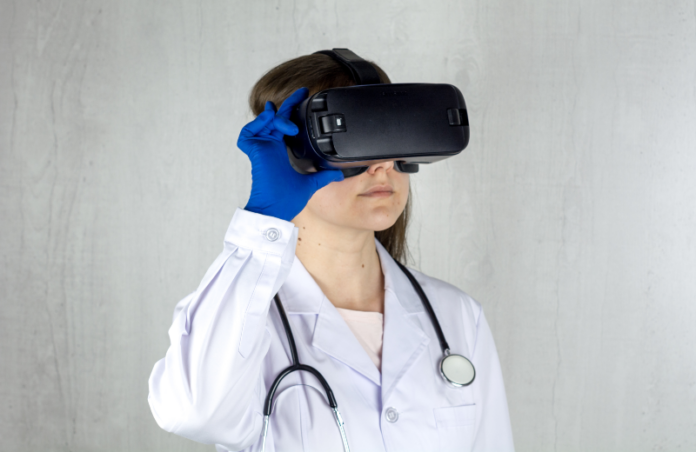Virtual Reality (VR) technology has long been associated with gaming and entertainment, but its potential extends far beyond that realm. In recent years, healthcare professionals and researchers have embraced VR as a powerful tool with numerous practical applications.
Enhanced Medical Training and Education
Virtual Reality offers a unique and immersive platform for medical training and education. It allows medical students and professionals to simulate realistic scenarios and practice complex procedures in a safe and controlled environment. VR simulations can recreate surgical procedures, medical emergencies, and patient interactions, providing invaluable hands-on experience. This technology helps improve skills, enhance decision-making abilities, and boost confidence among healthcare practitioners, ultimately leading to better patient outcomes.
Pain Management and Rehabilitation
Virtual Reality has shown promising results in pain management and rehabilitation. By immersing patients in virtual environments, VR can divert attention away from pain, reducing the need for medication in certain cases. Additionally, VR can assist in physical and cognitive rehabilitation by creating interactive and engaging exercises. Patients recovering from injuries or undergoing rehabilitation can benefit from personalized VR programs that help improve mobility, coordination, and cognitive functions. VR-based therapy has demonstrated positive outcomes, particularly in cases of chronic pain, stroke recovery, and post-traumatic stress disorder (PTSD).
Mental Health Treatment
Virtual Reality is emerging as a valuable tool for mental health treatment. It provides a safe and controlled environment to expose patients to anxiety-inducing situations, such as public speaking or phobias, in a gradual and guided manner. Through exposure therapy, VR can help individuals confront and overcome their fears and anxieties. Moreover, VR environments can be tailored to create relaxing and therapeutic experiences, reducing stress and promoting mental well-being. VR-based interventions have shown promise in treating conditions like anxiety disorders, PTSD, autism spectrum disorders, and depression.
Virtual Reality is transcending the realm of entertainment and finding practical applications in healthcare. From training and education to pain management, rehabilitation, and mental health treatment, VR is transforming the way healthcare professionals deliver care and patients experience treatment. As technology continues to advance, VR’s potential in healthcare holds great promise for improving patient outcomes and enhancing overall well-being.
// Staff Writer











